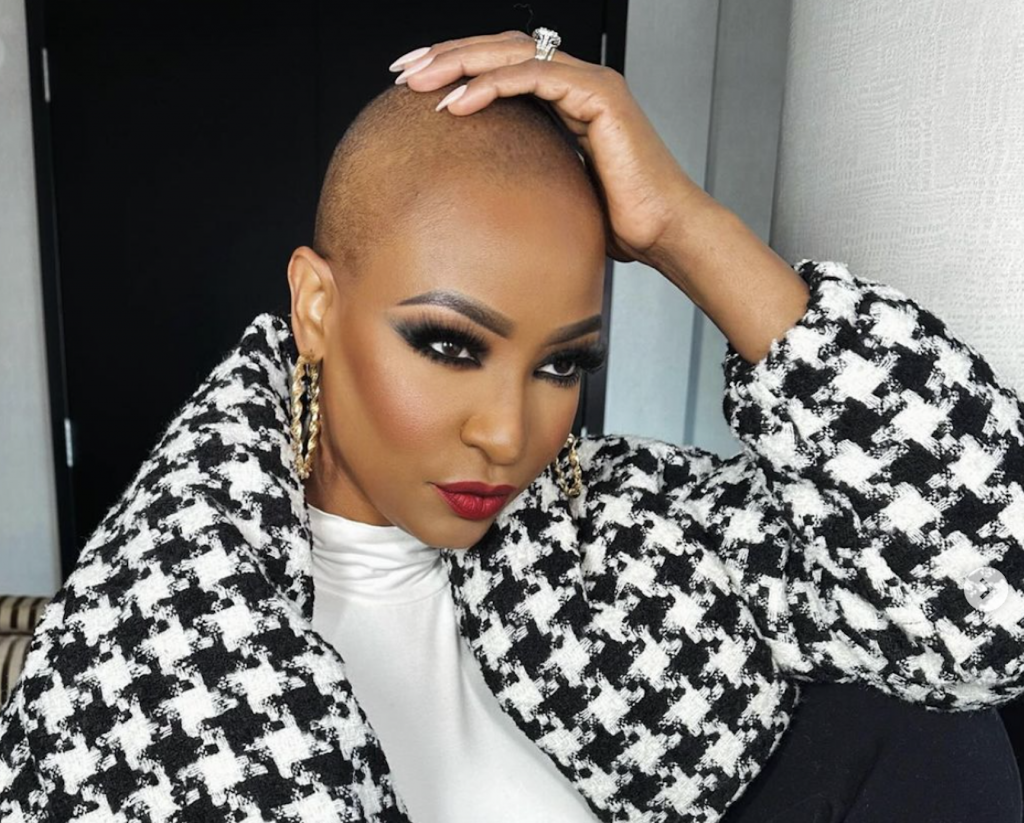Coping With Your Diagnosis, Learning to Accept It and Deciding When to Talk About It
- “Real Housewives of Miami” stars Guerdy Abraira, 46, and Larsa Pippen, 49, finally buried the hatchet regarding Pippen spilling the beans on Abraira’s breast cancer diagnosis before she was ready for the world to know about it.
- Abraira was diagnosed with early-stage breast cancer after a routine mammogram discovered signs of cancer. She completed treatment late last year, which included surgery, chemotherapy, and radiation before reaching remission.
- Psychiatrist Dr. Lori Plutchik tells SurvivorNet that there is no “one right way” to seek support while coping with a diagnosis. She adds some people are comfortable talking openly about their diagnosis, while others prefer to keep it private, and both approaches are normal.
- She encourages those close to a person going through cancer to be respectful of their wishes when it comes to how they are comfortable seeking support.
Real Housewives of Miami stars Guerdy Abraira, 46, and Larsa Pippen, 49, buried the hatchet after the two addressed Pippen, spilling the beans on Abriara’s breast cancer diagnosis before she was ready to share it publicly.
“There’s no bad blood at all,” Abraira said on a recent episode of the Viall Files podcast.

The mother of two added that her cancer journey was made more complicated by the added pressure thanks to Pippen’s mouthiness.
“My journey was hard already, and you made it harder. And I meant it…Not everyone is going to be your best friend, and you have to realize that…We were friends and friendly, not so much best friends,” Abraira added.
However, since the season wrapped up, she and Pippen have since mended fences.
“We hugged it out at the reunion. Today, we’re decent,” Abraira said.
Helping Patients Cope with a Breast Cancer Diagnosis
- Cancer Support Groups Aren’t for Everyone — We All Have Our Own Way of Coping
- Finding a Way to Live, Learn, and Cope With a Cancer Recurrence
- How to Cope With ‘Scan Anxiety’ By Using ‘Flow’
- Responding to Stress: How to Cope With Complex & Changing Emotions
- You Are Not Alone — 6 Inspiring Cancer Memoirs to Help Survivors and Caregivers Cope with Their Journeys
Sharing Your Cancer Diagnosis
Some people battling a disease or cancer are open to sharing their experiences as much as they can, while others prefer to keep it to themselves or close loved ones. SurvivorNet experts say both approaches and everything in between, are valid.
WATCH: Sharing a Diagnosis
“Patients who have just been diagnosed with cancer sometimes wonder how they are going to handle the diagnosis of the cancer in social situations,” psychiatrist Dr. Lori Plutchik explains.
Questions like “How much information should they share and with whom should they share the information?” are things Plutchik says patients take into consideration.
Dr. Plutchik explains, “There is no one right way to handle this diagnosis. People should do what feels right to them.”
A cancer journey can last months to years, which means cancer warriors may be experiencing a lot of uncertainty until they fully understand where their health stands. This uncertainty can influence when a cancer patient is ready to share their diagnosis, Dr. Plutchik further explained.
Dr. Plutchik stresses that those close to a person going through cancer should be respectful of their wishes when it comes to disclosing their diagnosis and seeking support.
Guerdy’s Cancer Journey
The popular reality TV star learned of her breast cancer while vacationing in St. Barts in the Caribbean this past Spring. Her doctor phoned her to tell her that her mammogram revealed she had breast cancer.
RELATED: When you’re called back after a mammogram.

Mammograms are used to screen for breast cancer. Women who haven’t gone through menopause are encouraged to get a mammogram annually between the ages of 45 and 54. If you have experienced menopause, you can get a mammogram every two years.
The U.S. Preventive Services Task Force recommends women begin screening for breast cancer at age 40. Women should talk with their doctor to learn about their cancer risk and assess when a good time is to start annual mammograms.
“I am lucky that this breast cancer was discovered at an early stage. It is still scary, of course, but I have love and support from those around me, and that alone is the fuel that I need,” she previously wrote in an Instagram post.
Early-stage breast cancer means a small tumor in the breast, but no lymph nodes are affected.
Abraira has since undergone surgery, but it’s unclear what kind of surgery she had. Her hair loss is likely due to chemotherapy, a common phase for treating breast cancer. This is also often one of the most emotional phases during a cancer journey.
WATCH: Hair loss during chemotherapy.
Chemotherapy can cause hair loss. It usually begins about three to four weeks after chemotherapy and continues throughout treatment.
After having surgery, Abraira wrote that “the fight is not over,” and she thanked fans for their loving support.
Abraira has continuously credited her family for helping her through her journey.
View this post on Instagram
Last November, Abraira announced that she was “cancer-free” at a BravoCon event.
“Cancer-free! I’m about to ring the radiation bell,” Abraira said in her Instagram clip.
“I’m very excited and so blessed, and I wake up every day counting my blessings,” she added joyfully.
Abraira described her breast cancer journey as one full of self-discovery.
What To Ask Your Doctor
If you have been diagnosed with breast cancer, you may have questions about keeping your strength through treatment. Here are a few questions to help you begin the conversation with your doctor:
- What treatment will I be receiving?
- What side effects are associated with this treatment?
- Are there steps I can take daily to help minimize these side effects?
- What physical activity routine do you recommend for me during treatment?
- Do you have recommendations for someone who doesn’t particularly enjoy exercise?
- Can you recommend a dietician who can help me with healthy eating tips and weight maintenance?
- I’ve been having trouble sleeping. Do you have any treatment recommendations?
Learn more about SurvivorNet's rigorous medical review process.

